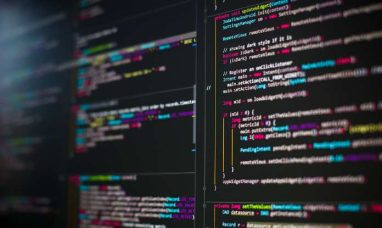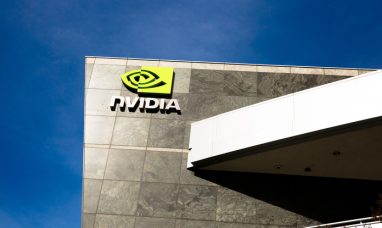Elon Musk’s takeover of Twitter (Twitter stock) is already having trouble, and his choice to hire Tesla personnel may cost him dearly.
The same Delaware court that ordered the multitasking CEO to abide by the terms of his agreement with the board of Twitter to acquire the social media business will hear yet another trial for him. But this time, it involves something much more intimate: his pay.
Elon Musk, current and past directors, and others must appear before Kathaleen McCormick of the state’s Court of Chancery beginning on November 14 to defend a massive remuneration package granted to him in 2018 that gave him the right to up to $55.8 billion in Twitter stock options.
Unlike the Twitter case, this case is not expected to result in a prior settlement.
In a 96-page legal brief, plaintiff Richard Tornetta claims that the board violated its fiduciary obligation to minority investors by approving “the greatest compensation award in human history” despite the grant already being submitted to a shareholder vote and won.
Whether Elon Musk may be regarded as a controlling shareholder on both sides of the transaction—as chairman of the board with a 22% ownership at the time and the recipient of the package—is at the center of the debate. If so, the transaction would be regarded as conflicting and subject to separate governance guidelines.
Strong ties
Musk’s issue is that he is connected to several directors, according to Ann Lipton, a law professor at Tulane University. “Conflicted transactions cannot be cleared with a shareholder vote alone if you are considered a controller. You also need a more defined approach, which wasn’t used here, and an impartial, independent board committee.
Toretta contends that because the specified milestone payments also happened to line up with objectives previously incorporated into the company’s expected business strategy, Musk was not actually motivated.
A ruling may be based on decisions made four years ago, but more current Twitter events may also be relevant. Musk has commandeered a team of allegedly 50 Tesla employees to restructure Twitter’s operations, including senior managers like Ashok Elluswamy.
It may also develop a pattern of conduct in which Musk can simply redirect Tesla resources at will and no one on Tesla’s “supine” board, as Tornetta calls it, will stand up to it. This is indicative of a complete lack of trust in Twitter’s employees.
It will, according to Lipton. It only demonstrates how conflicted he is.
Nevertheless, the Tulane professor said Musk had a much greater chance of winning this case than when Twitter sued him for failing to uphold his obligation to buy the firm for $44 billion.
The Tornetta trial began after the vice chancellor of the court, Joseph Slights, rejected Tesla’s motion to dismiss the case in September 2019 and ordered it to proceed.
He noted the enormous pay package and the possibility that minority investors would be railroaded by a compliant business board that feared Musk, an aggressive “800-pound gorilla,” might take action if it did not get its way.
Featured Image – Unsplash © rswebsols















